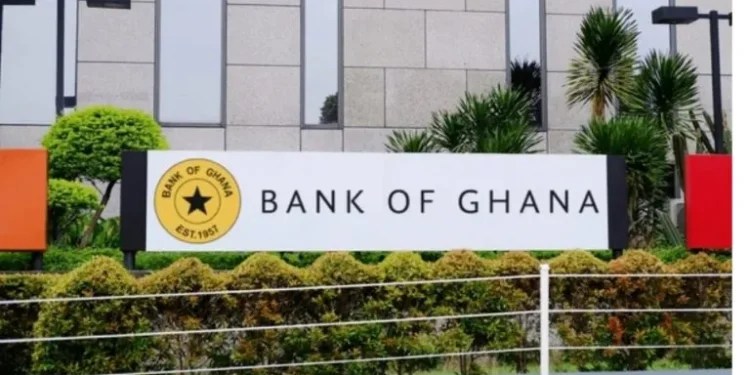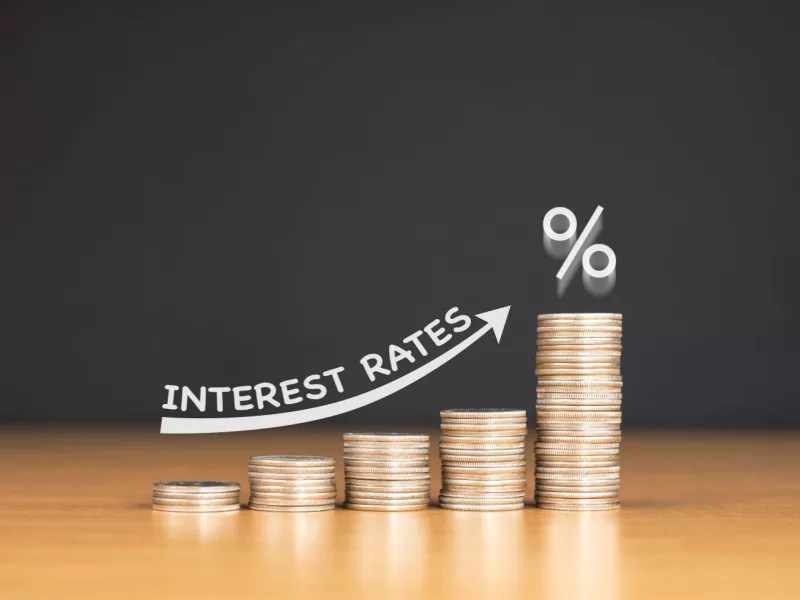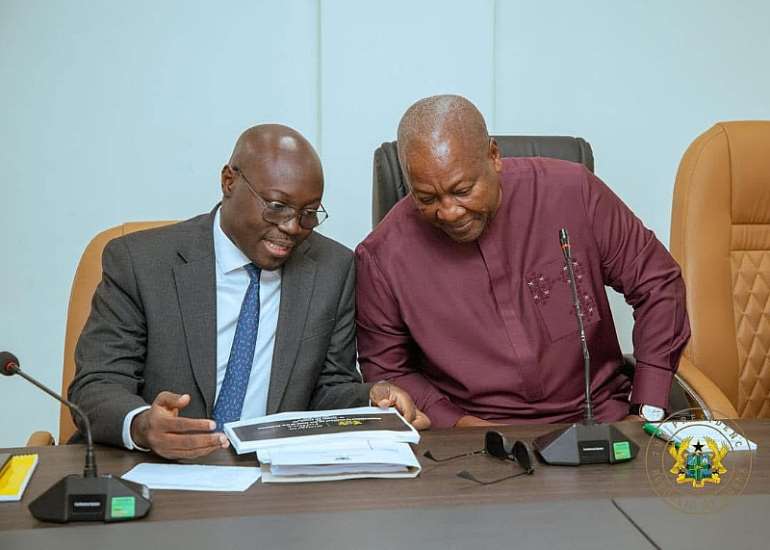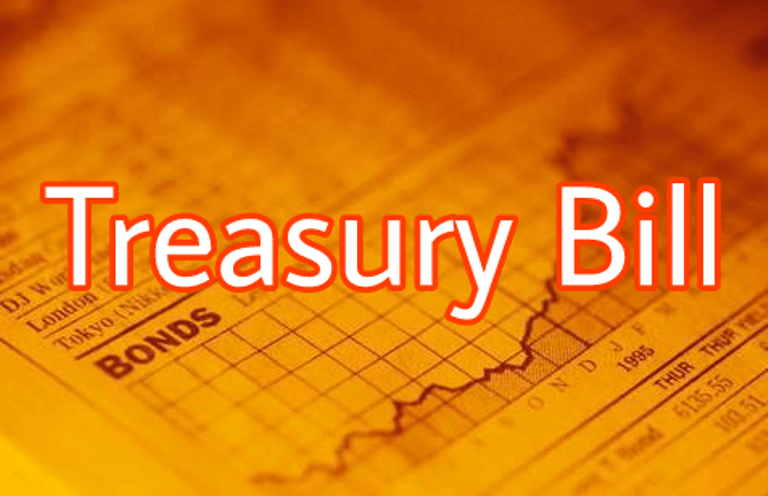For the first time in over four months, the interest rate on the government’s short-term instrument (T-bills) has recorded a marginal increase.
However, the increased rate was unable to attract investors as the government still missed its target, marking the 7th consecutive week of undersubscription.
According to the latest auction report published by the Bank of Ghana, the government planned to borrow a total amount of GH¢ 7.5 billion. At the end of the auction, the total bids submitted by investors amounted to GH¢ 6.1 billion. This represents an undersubscription of 18.6%.

Despite failing to meet the target, the government rejected GH¢ 1.6 billion, walking away with just GH¢ 4.5 billion.
The majority of the bids came from the 91-Day bill, submitting GH¢ 3.7 billion, while the 182-Day Bill amounted to GH¢ 814.85 million. The 364-Day instrument also amounted to GH¢ 1.6 billion.
After taking a nosedive for over four consecutive months, the yield on the instruments increased for the first time.
The interest rate of the 91-Day Bill increased from 14.5669% to 14.6596%, while that of the 182-Day Bill also recorded a marginal increase from 15.0192% to 15.0289%. The 364-Day bill also saw an increase from 15.1679% to 15.4192%.

The undersubscription, experts say, was linked to the continuous fall in the interest on the bills, making the bills unattractive to the investors. Industry players explain that investors were abandoning the government bills in favour of the Bank of Ghana bills, which have higher rates.
With the rising rates on the government bills, it is expected that investors will be attracted back to the T-bills to enable the government to meet its expenditure.

Dr. Ato Forson (left) & President John Mahama (right)
In the meantime, the government plans to raise a lesser amount of GH¢ 5.4 billion in its upcoming auction this week. Market watchers are closely monitoring the market to see if rising interest rates will attract investors.
Source: thehighstreetjournal.com


